Protecting Your Driveway This Winter
Keeping your property’s driveway in great condition can save you money along with making it easier to use. Winter weather conditions can damage a driveway’s materials, and if you don’t plan carefully, your driveway is difficult for you to walk on or to park a vehicle. Protecting a driveway can prevent damage such as cracks…

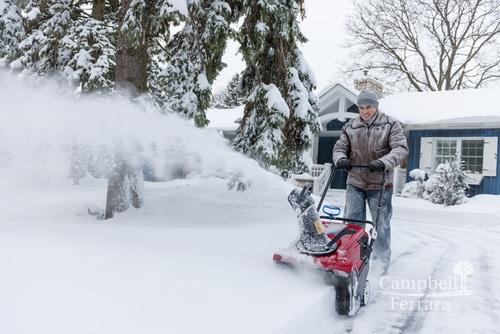

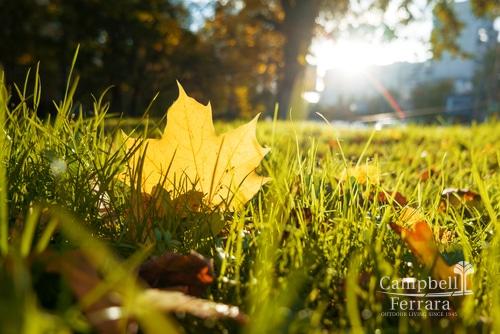 The winter months are coming, and if you treat your
The winter months are coming, and if you treat your 
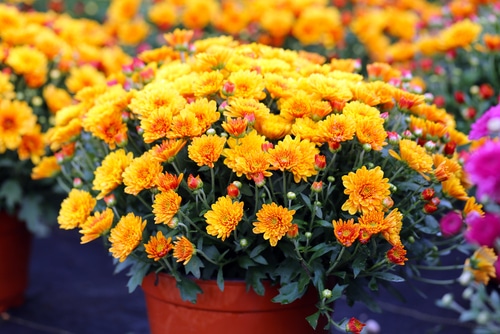 If summer is the season for growing, then what exactly should we do with our plants in the autumn season? Well, you may think this is simply the time where plants die off, hopefully, to be reborn next year. A bit of light raking around the garden and your work is done, right? Well, not really. There is a little bit more that goes into it than that, for the truly dedicated
If summer is the season for growing, then what exactly should we do with our plants in the autumn season? Well, you may think this is simply the time where plants die off, hopefully, to be reborn next year. A bit of light raking around the garden and your work is done, right? Well, not really. There is a little bit more that goes into it than that, for the truly dedicated 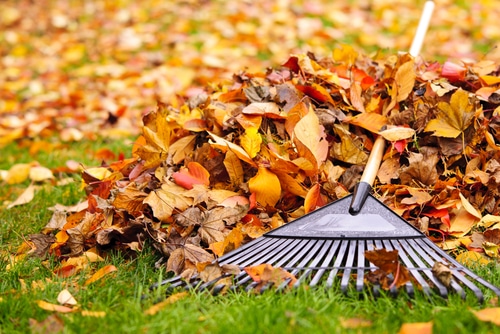 Fall is here, and soon all the
Fall is here, and soon all the  Fall is a time to embrace the outdoors. The wonderful, brisk weather invites people to appreciate cooler temperatures. One place to fully appreciate great weather is right in one’s backyard. A well-designed
Fall is a time to embrace the outdoors. The wonderful, brisk weather invites people to appreciate cooler temperatures. One place to fully appreciate great weather is right in one’s backyard. A well-designed 
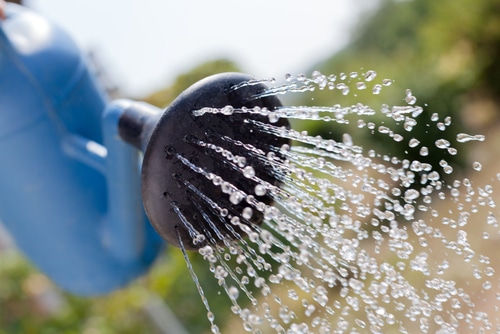

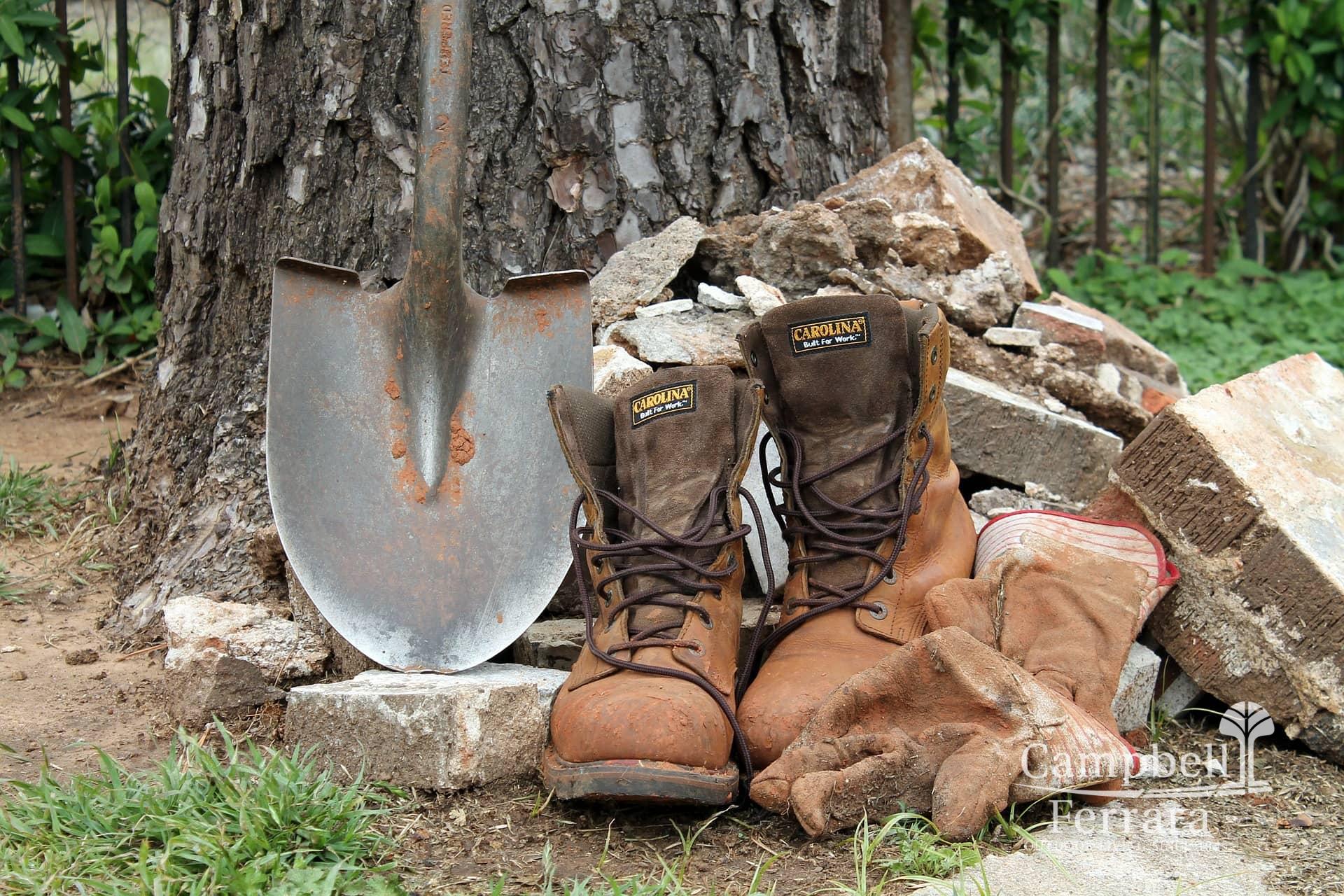 When you are performing
When you are performing 
 As a gardener, you understand that while your
As a gardener, you understand that while your 